
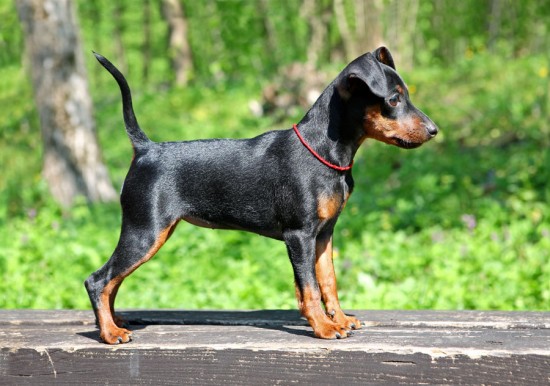
It has been said that living with a Mini Pin can be like living with a toddler. They are lively, they are quick, they are inquisitive, into everything, they don't like to share and they are constantly testing boundaries. Full of energy, they will run around all day and then fall asleep within minutes. They love to be centre of attention and will keep you amused for hours with their lively behaviour and funny antics.
For all these reasons, it is very important that they are trained and socialised at an early age or they will develop behavioural problems that may well carry on into adulthood. This includes both socialization with humans and with other dogs and animals by exposing them to as many different kinds of people and situations as possible.
As they are such small dogs, there is a temptation to treat them like a toy, but avoid this at all costs, they should always be treated as a standard sized dog. Don't be tempted to carry them around in little 'doggy bags' as we see some celebrities doing and, whilst they love to cuddle up with you, don't treat them as a lap dog or this will encourage them to become dominant and harder to train. They have very strong pack behaviour and will often fight to become 'top dog', so just like any other dog they need firm, consistent and regular training in order for them to learn your rules and to fit into your lifestyle.
Mini Pins are very active dogs, they love to run and play. They love interaction with their owners and hate being left alone for long periods of time. This abundance of energy can, if not managed properly, lead to destructive behaviour.
They need companionship so, if you do have a Mini Pin, make sure that you have time to take it for walks, to play with it and generally just to spend some time with it. They really do thrive on interaction and adventure. They love to go for walks, to run, to chase toys, balls and sticks. Give them lots of positive attention!
Also give them plenty of toys to keep them occupied. They love to chew so make sure that they have variety of things to chew, either toys or rawhide chews of varying types. My mini pin absolutely loves these and they will keep her quiet for hours. On the flipside, if you don't give them things to chew, they will find their own things. I have lost many glasses cases that way! They also love toys that are interactive in some way, for example toys that squeak. However do be careful, they can become very protective of their toys, as they can of their food or just about anything that belongs to them.
They also need plenty of sleep and somewhere they can call home. They often respond well to being put into a crate, especially if you need to confine them to an area whilst you are out. This gives them a base, a shelter and also limits their movements when you are not around. However don't make them spend too long in there as they hate being left alone and this may in itself encourage destructive behaviour.
Mini Pins just love to bark, they will bark at anything and everything. Whilst this means that they do make excellent guard dogs, it can become very annoying. Therefore this is a behaviour that needs to be corrected early and often. Just a simple 'no' is enough. They will soon learn that this is not acceptable to you.
Despite rarely standing more than twelve inches high, they think they are much bigger than they really are. As a naturally dominant breed, they often try to impose themselves in an aggressive manner on larger dogs. This of course can cause problems, not least because of the danger that the larger dog could also become aggressive but also, because of their small size, they may get stood on and hurt. It may be wise in these situations to pick up and carry your Mini Pin if you think it is in danger of getting hurt.
Whilst some Mini Pins are very good with young children, children do have to be very careful not to annoy them, as they can become aggressive and snap. Mini Pins also move at the speed of light, so their quick movements may scare children who are not used to them. They do tend to play very roughly too, with a lot of accompanying growling and pretend biting, which can worry children, not to mention some adults. As with any dogs, you should never leave them alone with a child.
A Mini Pin has an abundance of energy which often causes them to tug at the leash. Therefore you need to teach them as early as possible how to walk nicely on a leash. They are also renowned as escape artists, so it is probably better to use a harness rather than a collar when you walk them and also never let them off a leash until you have trained them well and you are sure they will obey you. They do have a habit of becoming distracted and heading off on a chase after something which has caught their attention.
With assertive and consistent training, your Mini Pin will soon develop into a well behaved dog. Although on occasions, they will try to push their limits, they do love to be obedient. When training, always reward their good behaviour, maybe starting with a treat but then progressing to either just praise or a fun toy. Mini Pins tend to put weight on very easily and therefore too many treats can cause them to become fat. And don't forget, a Mini Pin is for life it is not a toy so please take time to train him properly and you will have years and years of fun, loyalty and companionship.
If you looking for further information on the Miniature Pinscher dog breed, you can see the following pages on our website :
Miniature Pinscher Dog Breed Information
Owning a Miniature Pinscher
Miniature Pinscher Dogs and Puppies for Sale
Miniature Pinscher Stud Dogs
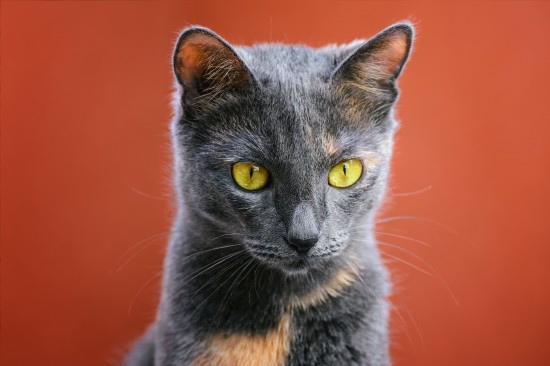 Top 4 Health Issues That Affect Cats
Top 4 Health Issu
Top 4 Health Issues That Affect Cats
Top 4 Health Issu
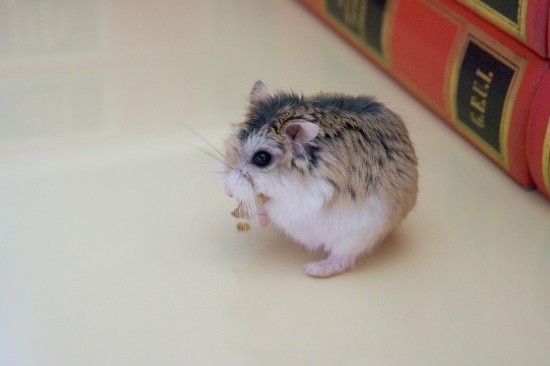 10 Tips For Keeping Healthy, Happy Dwarf Hamsters
10 Tips For Keepi
10 Tips For Keeping Healthy, Happy Dwarf Hamsters
10 Tips For Keepi
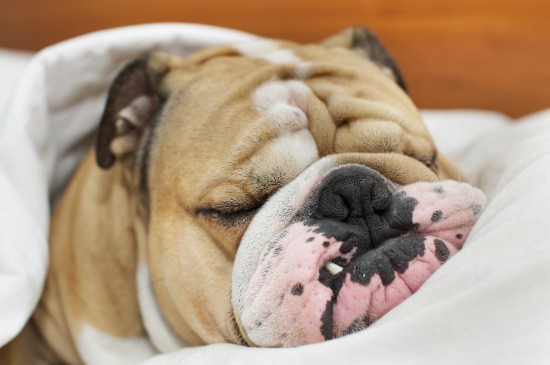 Lazy Dogs - The Five Laziest Dog Breeds
Lazy Dogs - The F
Lazy Dogs - The Five Laziest Dog Breeds
Lazy Dogs - The F
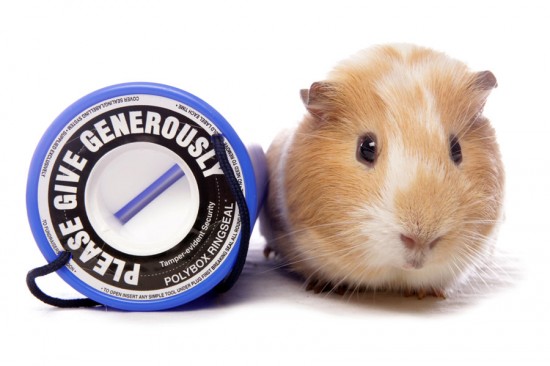 How You Can Help Your Favourite Animal Charity
How You Can Help
How You Can Help Your Favourite Animal Charity
How You Can Help
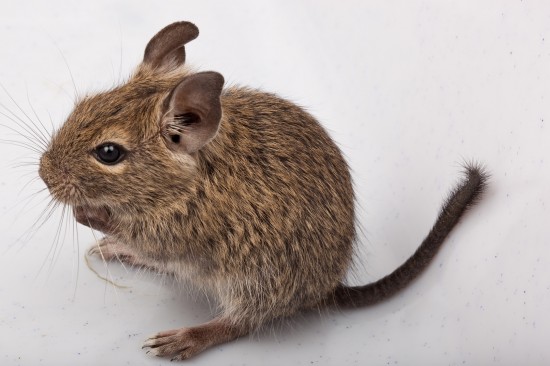 10 Things You Should Know Before Adopting A Degu
10 Things You Sho
10 Things You Should Know Before Adopting A Degu
10 Things You Sho
Copyright © 2005-2016 Pet Information All Rights Reserved
Contact us: www162date@outlook.com